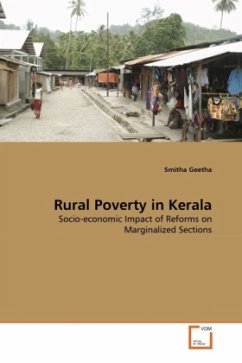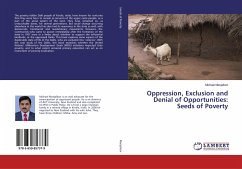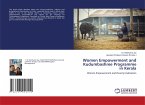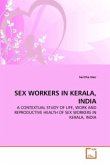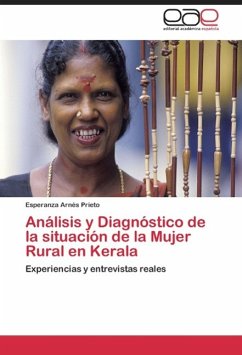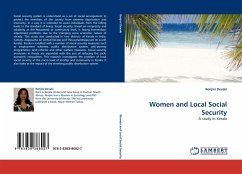Poverty has been a concern in the societies since the beginning of recorded history. The economic reforms initiated by India in 1991 following a macro economic crisis have evoked considerable debate and controversy, especially regarding its social implications. However, the main questions these reform measures all over the world raise are that whether the results of these are reaching to the people (micro level). Here an attempt is made to study the rural poverty in Kerala in the post-reform period. There is an increasing criticism that this reform process has left out agriculture and certain other marginalized sections from its purview. This might have definitely prevented the trickling down of the benefits of reform process into these sections. This book examines the structure, characteristics and problems of rural poverty with special reference to agriculture, fisheries and tribal sector. It is highly useful to professionals and researchers those who are working on developmenteconomics and poverty related studies.
Bitte wählen Sie Ihr Anliegen aus.
Rechnungen
Retourenschein anfordern
Bestellstatus
Storno

